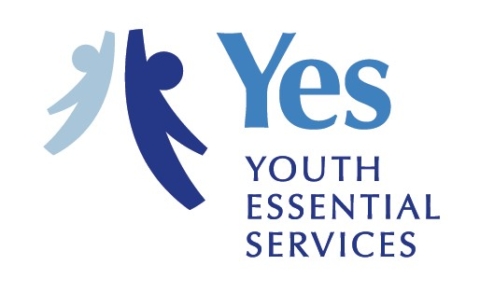
Safety and Security Every Step of the Way
At home or away, the safety and security of the children & youth in our care is paramount. YES staff and security agents are trained and certified in SAFE Crisis Management (SCM), including; de-escalation, non-violent crisis intervention and special youth physical restraint techniques. YES safety and security is provided by Echelon Protection. Echelon utilizes a full-time certified trainer who conducts semi-annual education and annual certification in compliance with County and State regulations.
YES offers a residency program under the 3800 Regulations, utilizing highly trained critical support agents who specialize in cognitive behavioral therapy and mentorship, supported by Echelon Protection. Echelon currently holds contracts with multiple county agencies throughout Pennsylvania to provide critical support services.
- Specialized Security & Operational Significance
- Echelon’s Critical Support personnel are not security officers, but highly specialized professionals trained to safeguard the well-being of youth in state care through structured intervention, behavioral support, and crisis de-escalation. Their non-uniformed presence is intentionally designed to foster a supportive, low-profile environment, ensuring regulatory compliance while maintaining a proactive approach to safety and structured supervision.
Critical Support Personnel will be assigned on a 2:1 ratio for 24/7 coverage, ensuring that assigned youth always remain within sight, except for privacy-related exceptions (bathroom use and while sleeping in their bedrooms).This strategic classification aligns with best practices for child welfare operations, ensuring that all personnel possess the necessary qualifications, specialized training, and operational oversight to deliver effective support. Through this framework, Echelon enhances youth safety, structured intervention capabilities, and adherence to state-mandated protocols, reinforcing a reliable, consistent model for care and supervision.- An Innovative and Effective Critical Support Model
- The Critical Support model was first conceptualized during Bruce Williams’ 27-year tenure with the Pennsylvania State Police, where, as Commanding Officer of Troop K, Philadelphia, he developed mentorship programs utilizing non-uniformed personnel to engage, guide, and support youth with intellectual disabilities.
Upon transitioning to Director of Executive Protection at Echelon, Williams collaborated with multiple Children & Youth Agencies, all of which consistently reinforced the necessity of Critical Support personnel in structured youth care settings. In response, Echelon worked with the Department of Human Services and Children & Youth Services to develop a comprehensive training and compliance framework that exceeds regulatory requirements to achieve best outcomes.
